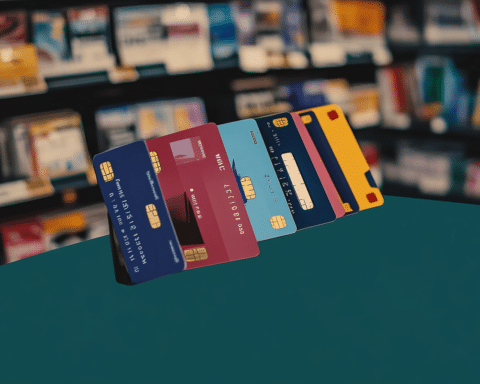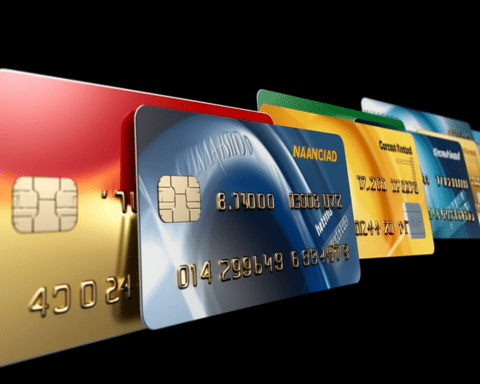Credit cards can be an appealing option with benefits like cash back, travel rewards, and lucrative sign-up bonuses. However, opening a new credit card at the wrong time can lead to significant financial challenges. Understanding when to avoid adding another card to your wallet is crucial for maintaining financial health.
There are three major warning signs that indicate it’s not the right time to apply for a new credit card.
1. You’re Already in Credit Card Debt
If you’re carrying credit card debt, it’s essential to focus on paying it off rather than adding a new card. Credit card debt comes with notoriously high interest rates, with the national average being 22.76%, according to the Federal Reserve. This means that a $10,000 balance could cost you over $2,200 in interest annually.
Opening a new card in this situation could increase your available spending limit, which might encourage further spending and make it harder to get out of debt. Even though the appeal of additional rewards may seem tempting, it’s a financial risk to take on new credit when existing debt is already costly.
One exception is balance transfer credit cards. These cards often offer 0% introductory APR periods on balance transfers, providing a window to pay down existing debt interest-free. Still, this only makes sense if you are committed to paying off the transferred balance before the promotional period ends.
2. You’re Planning to Apply for a Loan
If you are preparing to apply for a major loan, like a mortgage or auto loan, it’s wise to hold off on any credit card applications. A high credit score is essential to securing the best interest rates for large loans, and any decrease in your score, even a small one, can lead to higher borrowing costs.
Whenever you apply for a credit card, your credit score experiences a slight drop due to the hard inquiry the lender makes. Though the decrease may be minor, it can still affect your eligibility for favorable loan terms. Experts recommend waiting at least six months, ideally a year, after applying for a credit card before pursuing a loan. Doing so allows your credit score to recover and increases the likelihood of securing better rates.
3. You’ve Missed Payments on Current Credit Cards
Missing credit card payments can have a lasting impact on your credit score. Late payments not only incur fees, but they also significantly damage your credit history if reported. If you’re late by 30 days or more, this can reduce your credit score by over 100 points, making it harder to get approved for future credit cards or loans.
Before considering a new card, it’s important to address any missed payments and improve your payment habits. The more accounts you have, the easier it becomes to miss a payment, so adding another card without stabilizing your current payment history could lead to further financial strain. Setting up automatic payments or reminders can help prevent future missed payments.
Timing is Everything
While credit cards can offer excellent benefits, it’s important to recognize when it’s not the right time to apply for one. If you’re carrying credit card debt, planning a major loan application, or struggling to make payments on time, waiting to open a new card is a smart move. Instead, focus on improving your current financial situation, so when the time comes, you can truly take advantage of the benefits a new credit card has to offer.




